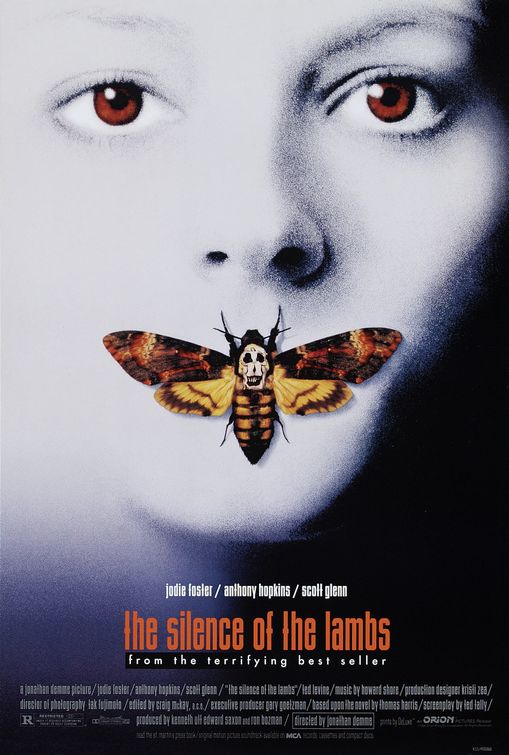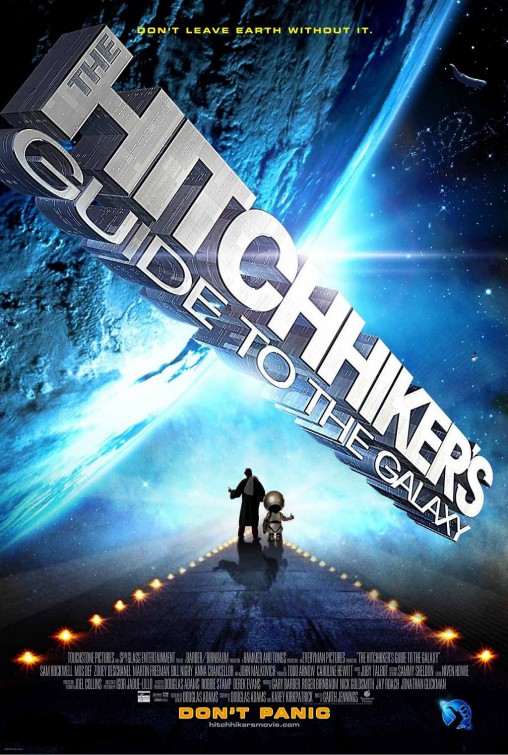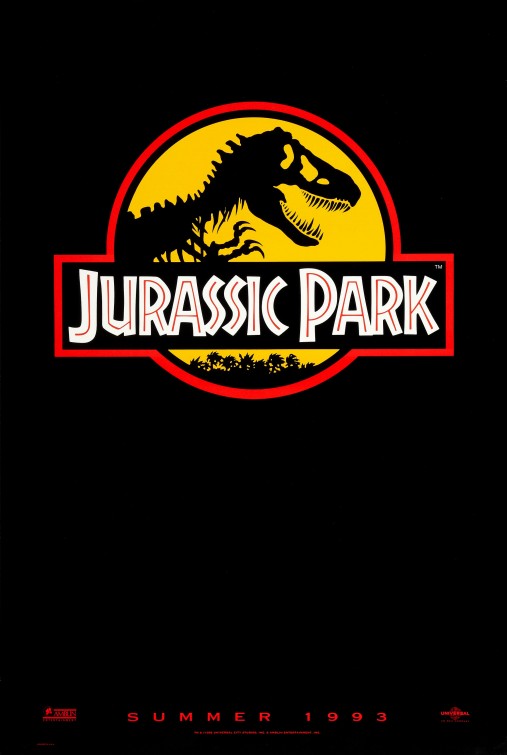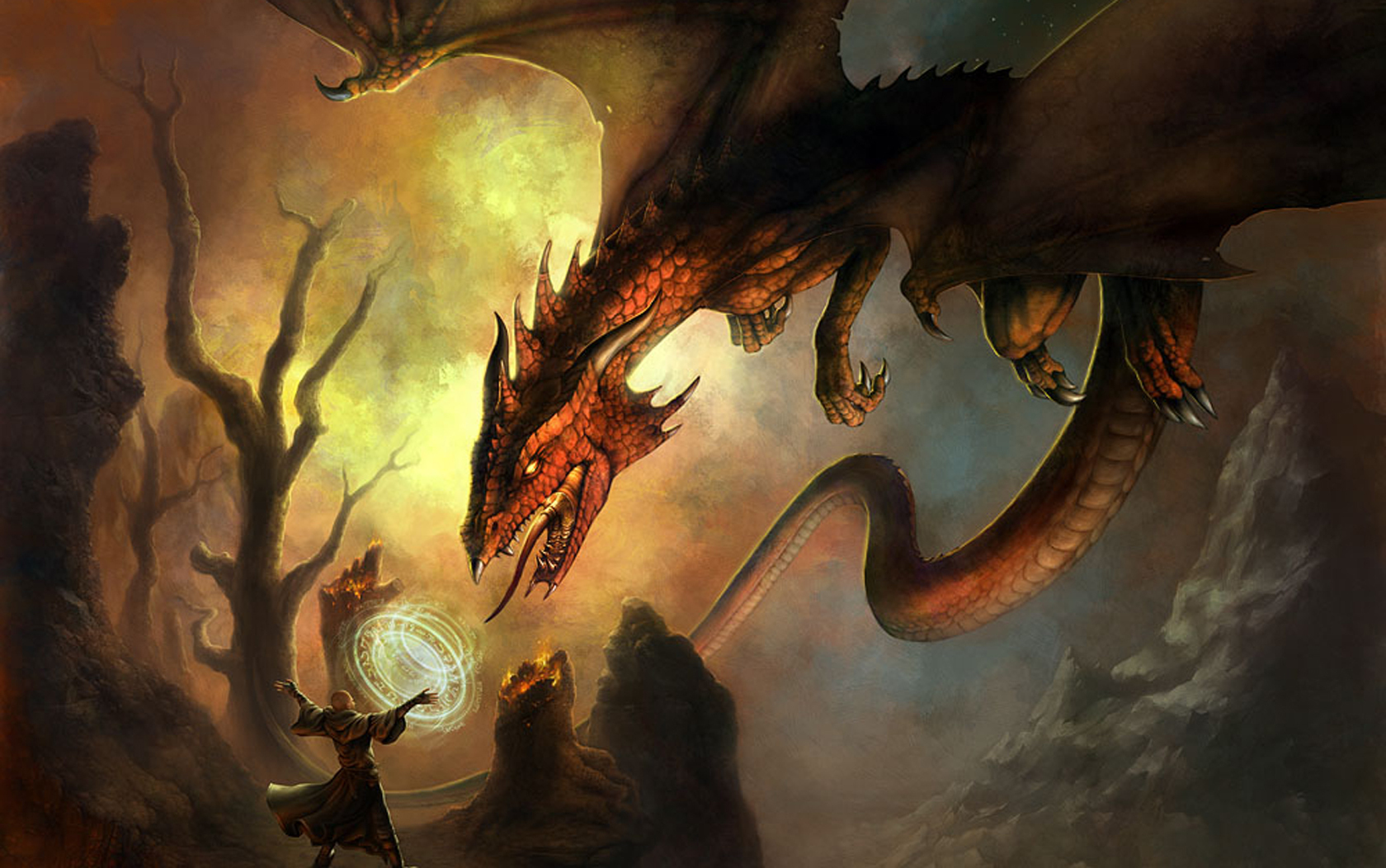The only other thing to say is that it's still in the rough stage. I'm going to do a lot of editing later.
So here goes:
I used to wear her head like a hat until she started talking to me in downtown Memphis. It’s a strange experience, hearing the head of a dead person curse you out in the middle of the street. There’s something embarrassing about that, like a beacon telling everyone else that you’ve botched your human sacrifice. They were supposed to stay dead.
But, she talked. And talked. The curse words turned into snarls, the snarls into black magic, until finally I had to make a deal with her to get her to shut up: I’d find her a new body.
And that’s how I lost my weekend.
#
There’s always something looming in the dark of the world. A living thing. You can call it God if you want, but whenever I descend into the shadows, her head whispering above, I get the feeling that something isn’t quite right. That’s not a feeling you’re supposed to have if you deal in dead bodies; the fact that someone who isn’t quite right to begin with can sense something that isn’t quite right on top of his or her own not-rightness is like a politician feeling like other politicians are screwing around with the lives of the many. It’s irony, perhaps.
Memphis, though, hasn’t been quite right since the Change. Dimensions don’t mix well, and so here I am, with her head on my own, trying to find a new body for a woman who, quite honestly, didn’t deserve the one she had before, all so I can save my dignity.
“I want one with a nice ass,” she says. “Curves and all that. I don’t want to be one of those skinny bitches that you see on TV. You know, the ones with all the cuts on their damned arms, bleeding all over the place, with all the fat, wart-covered old men drooling foam at their feet…No, I want a voluptuous, curvy body with a fine looking face.”
“Don’t get picky.” I feel her wiggle.
“Fuck. This is the body I’ll be stuck with for the rest of my life.”
“Yes, and if God wanted you to have the perfect body, he would have given it to you in the first place.”
“Fuck what God wants. I want to be able to do things I never could before. I want my tits to say ‘this is what you all want, but you can’t have.’ There are other things you’re going to have to give me, but they’re personal.”
“Right.”
“Did you know the left side of your brain has a tumor?”
It’s interesting. Sacrifices always produce a unique symbiotic relationship with the decapitated. With her, she’s tangled herself through my brain. There’s a good side to it, I think. I didn’t know I had a tumor until that moment. But she’d know. She’s had your veins winding through every inch of me for a week now. She’d know things about my insides that I wouldn’t know even if I had a brain surgeon to go poking around in there. Fuck, the world is weird enough as it is without having some old crone screaming out your genetic defects.
“What about that one?” I point to a young girl, maybe a little young, but, hell, maybe the old bag would have wanted a few extra years as a teenager. The teenager struts along the street, wearing a belly shirt and the shortest skirt I’ve ever seen, her midriff all curves and toned, wobbling back and forth. She draws the eyes of every man on the street, except for the ones that like the blood rolling out of their wrists. She slips into shadows, then out again, and I see that hint of darkness in your soul. It hits something close to home, something dark inside myself that yearns for young flesh. But I’ve had my sacrifice for now. I’ll have to wait. But the old crone should want what that beautiful creature has. Don’t we all want to have our youth again? She could really do something with that.
“Fuck no. I’ve had it up to here…” she pauses, realizing she doesn’t have hands of her own to make the gesture. I do it for her, raising the hand to her forehead. “Thanks. I’ve had it up to here with holier-than-thou-hot-as-shit teenage blonde crap. She’s probably been around the block a few thousand times already. Loose. That’s not in my book of desires. I ain’t hoping for no virginal blood, but, fuck, at least a little self-respect.”
“Alright.” Like she’d know what self-respect looked like. I knew her before she met me in that dark alley. She was a secretary, old, but not quite over the hump, working for a rich blood-letter who knew exactly how to twist the arms off of prospective clients until they were writhing and screaming on the floor, begging for him to end it all for them so they could sign the bloody contract and get on with their lives. He always got his contracts signed. The best in the business. But her? Oh no. She had him in the bag, like you wouldn’t believe. She would look at him and his wallet would fold out like her legs and, well, you know the rest.
“What the hell street are we on?”
“Binder.”
“Jesus fucking Christ. What do you take me for, a whore?”
I never answer those kind of questions. There’s a good reason for it. If you say no, you’re really saying yes, and if you say yes, you’re an asshole. I prefer to keep up the illusion that I still have a human heart. I don’t, but the illusion is good enough for me.
We watch the streets here for a short while before she finally decides she’s had enough and starts blurting out whatever secrets she’s gleaned from my brain. A few men walk by, unperturbed, but when another fellow donning the familiar human-hat slips by, the dead, milk-white eyes of his sacrifice staring blankly forward and the man’s face a cacophony of ugly thoughts, I realize it’s time to go home and put the old crone to bed. She won’t sleep, though. She’ll wake me up every hour or so to tell me about the horrible way I curl up into a ball when I sleep, or how I’m always shivering or running or mumbling. She can’t sleep—the sacrificed have no need of it, mostly because they’re supposed to be mindless and dead—but she’ll curse at me for stealing her beauty sleep anyway, and by morning, after all is said and done and I’ve been sufficiently dragged to the bottom rung of the social ladder, I’ll crawl out of bed and thank her for another glorious night of deep sleep. I won’t tell you what she says to me in the shower.
(End parts one and two)
And there you go. So? Thoughts? Hate it? Love it? Both?



















